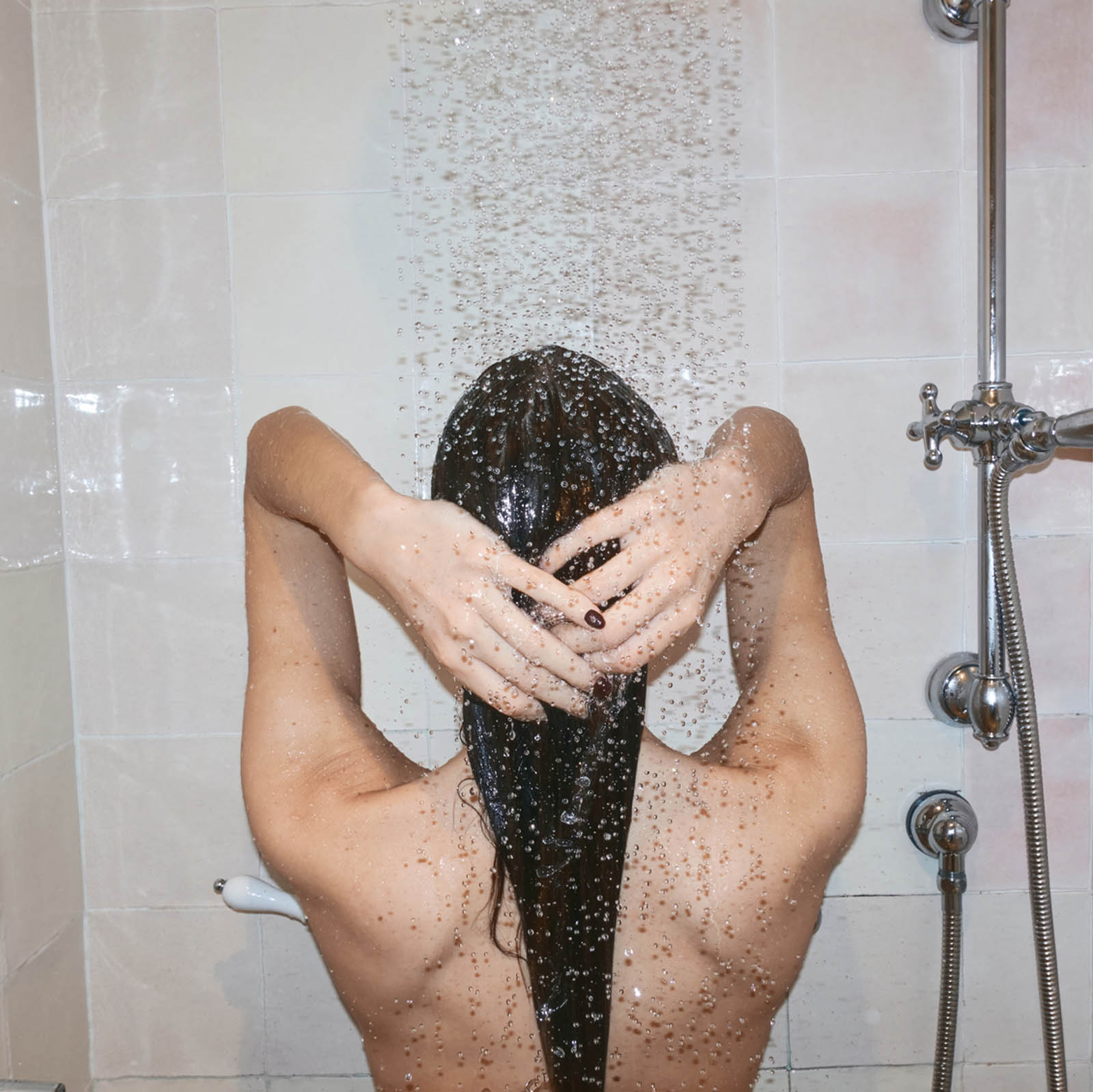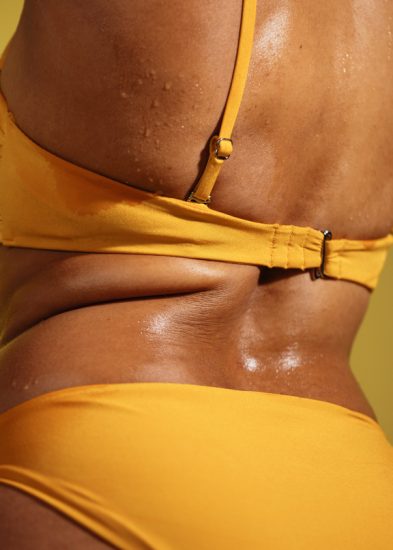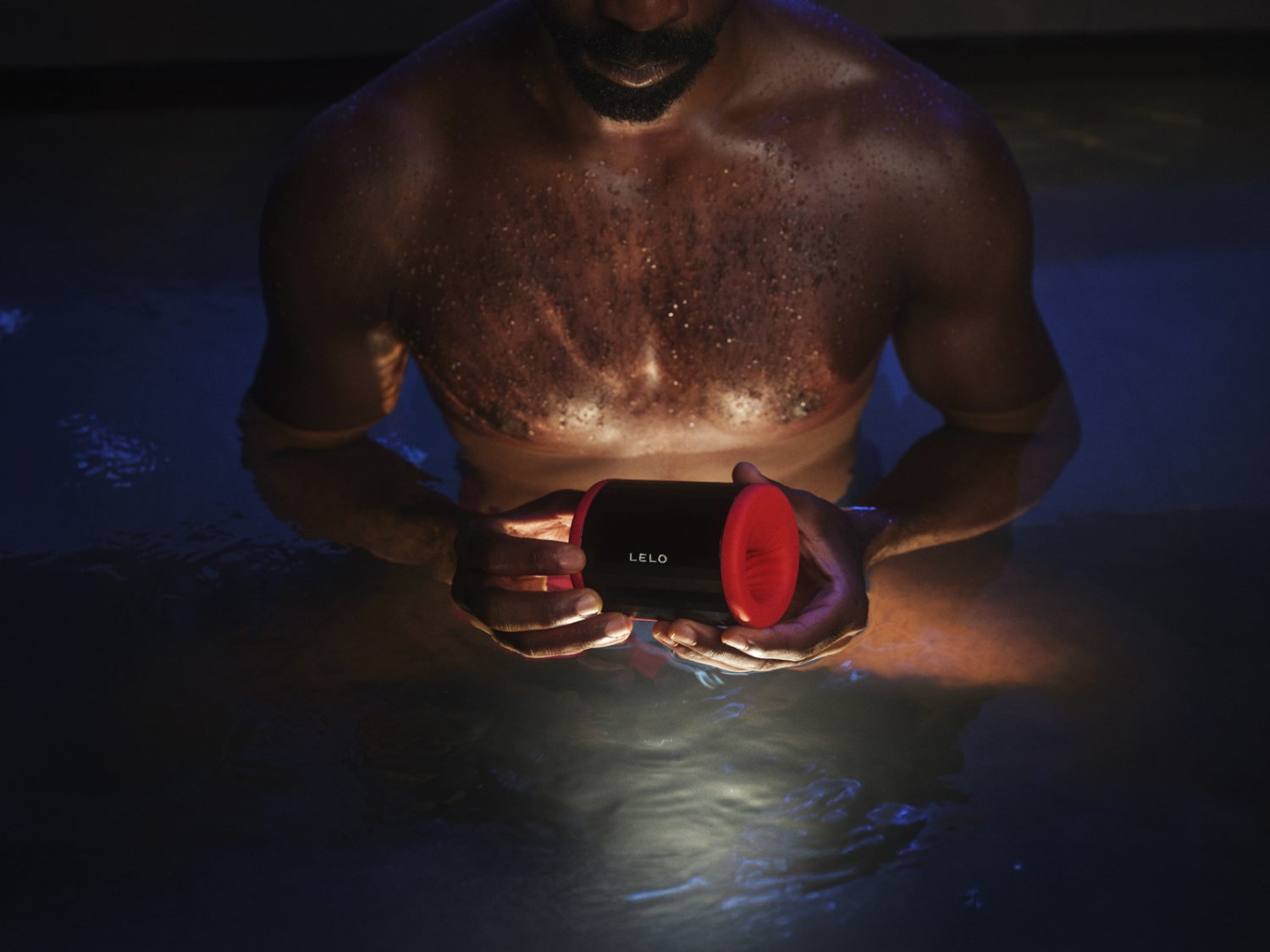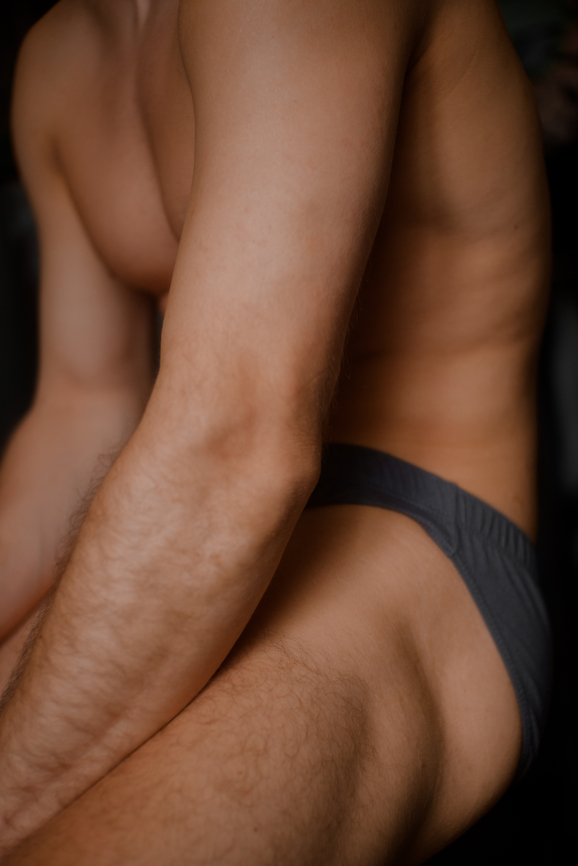Ahhhh, squirting. The holy grail of female pleasure. The myth, the legend, the bed sheets!
Now whether or not you’ve squirted, you might be a little confused as to what exactly it is. Is it pee? Is it ejaculate? Perhaps a little super soaker some pornstars hide in their vagina? Truth be told, as with many aspects of vaginal health, there’s a lot of conflicting information about this aquatic phenomenon.
Today we’re going to set the record straight with this comprehensive guide to squirting. So, put on something waterproof, because we’re about to get wet and wild!
What is squirting?
While there’s limited research on squirting, there seems to be one thing most experts agree on: While squirting involves your bladder emptying, it also includes a form of ejaculation. That’s right, people who do not have penises CAN ejaculate. That’s because ejaculation means that fluid (not limited to sperm) has been expelled from the urethra, as a result of sexual arousal.
Now what exactly what the fluid that’s expelled during squirting is composed of is hotly debated. Some researchers argue that it’s all urine, others claim that it’s “female ejaculate” a sweet smelling, milky looking substance that used to be called “the nectar of the gods” in ancient India.
According to Healthline, female ejaculates contains some of the same components as semen: prostate specific antigen (PSA) and prostatic acid phosphatase. But it also contains small amounts of creatinine and urea, urine’s primary components. So, what seems to be the most plausible from all the (limited) research available is a little bit of all of the above. When you squirt it’s some urine mixed with a little prostate enzymes from “female ejaculate”.
Wait, my vagina can ejaculate?
Now you may be wondering: how can a vagina ejaculate? And why doesn’t my vagina seem to be able to ejaculate? Well it may have to do with the Skene’s gland.
While the Skene’s gland was discovered in the 1800s, there isn’t a ton of research that’s been conducted around it. The Skene gland is located on the upper wall of the vagina, and drains into the urethra. This may be why squirting is so commonly miscategorized as urine, as the research we do have says that the Skene’s gland can release fluid through small openings in the urethra. While the Skene’s gland is commonly called “the female prostate” (because of evidence that it can release prostate enzymes) it seems to be less common than the male prostate. That’s right: it seems that the Skene’s gland is not present in every vagina. This may explain why some people with vagina’s can’t squirt and some simply can’t help it! It all comes down to the size of your Skene’s gland.
Is It Weird To Squirt?
Not at all! In a recent study in the Journal of Sexual Medicine, 69.23% of participants had experienced squirting, or “ejaculation” during orgasm! Also: research shows that squirting can vary widely from person to person. According to another recent study on squirting, the amount of ejaculate released can range from a fraction of a teaspoon, to more than half a cup! It also concluded that most women who ejaculate do so on a regular basis, and that it has positive effects on their sex lives. So if you can, squirt without shame! Your partner will thank you later.
But, how can I squirt?
Learning to squirt is tricky. It comes naturally to some, and is anatomically unavailable to others, so give yourself a break if you’re not gushing waterfalls every time you get off. Conventional wisdom says that using a g-spot stimulator at the same time as clitoral stimulation, and a lot of patience, may get the job done, That’s because your g-spot is actually anatomically next to your Skene’s gland, if you do have it. So stimulating your Skene’s gland, and your clitoral system at the same time, seems to be the key to orgasmically squirting, but there’s no formula for instant water gun action down there.
Much like any sexual feat, squirting is more about the journey than the destination. Because of the lack of research into squirting, it may not be a one size fits all experience. You may have to try, and try again and again and again to achieve your desired waterfall. And, you may never succeed. That’s okay. If the worst thing that happens is that you get to have a lot of sex and experience tons of pleasure every time you go in search of that holy (wet) grail, then I for one think it’s a goal worth working towards.
—
Tessa Skara is a writer and comedian. She is bravely bicoastal. She loves all things queer, including, but not limited to sex. Follow her on Instagram @tessafuckinskara.











